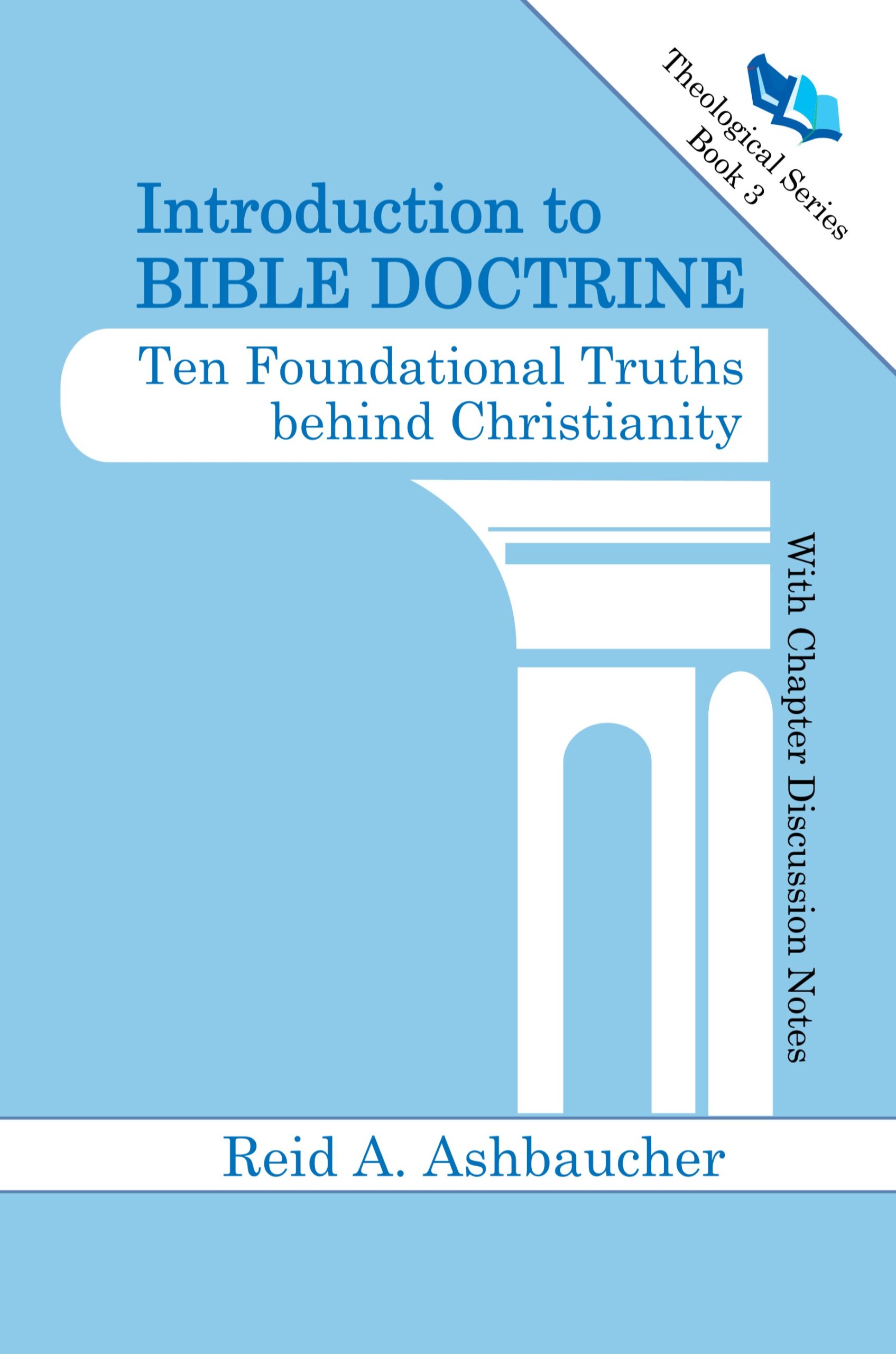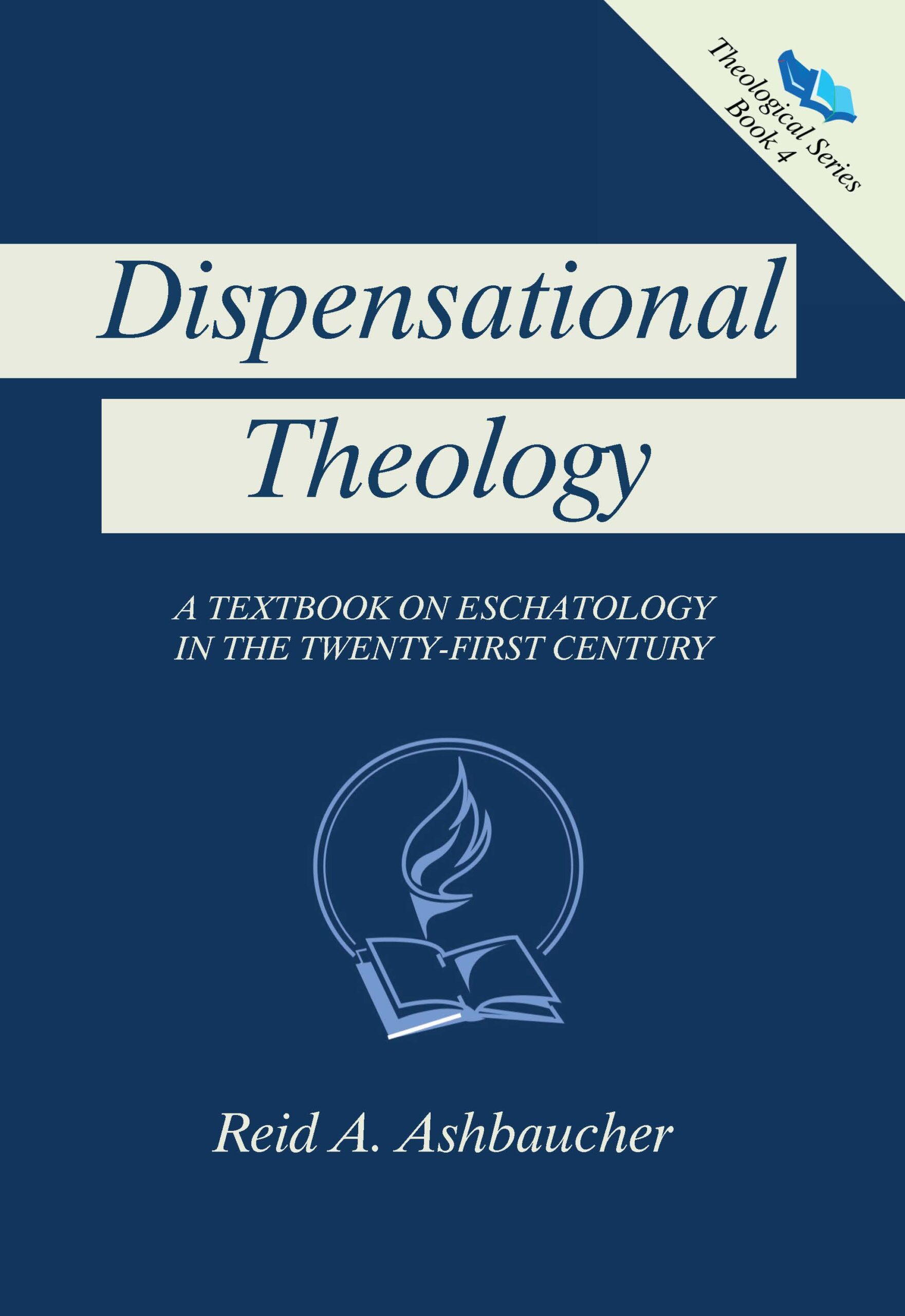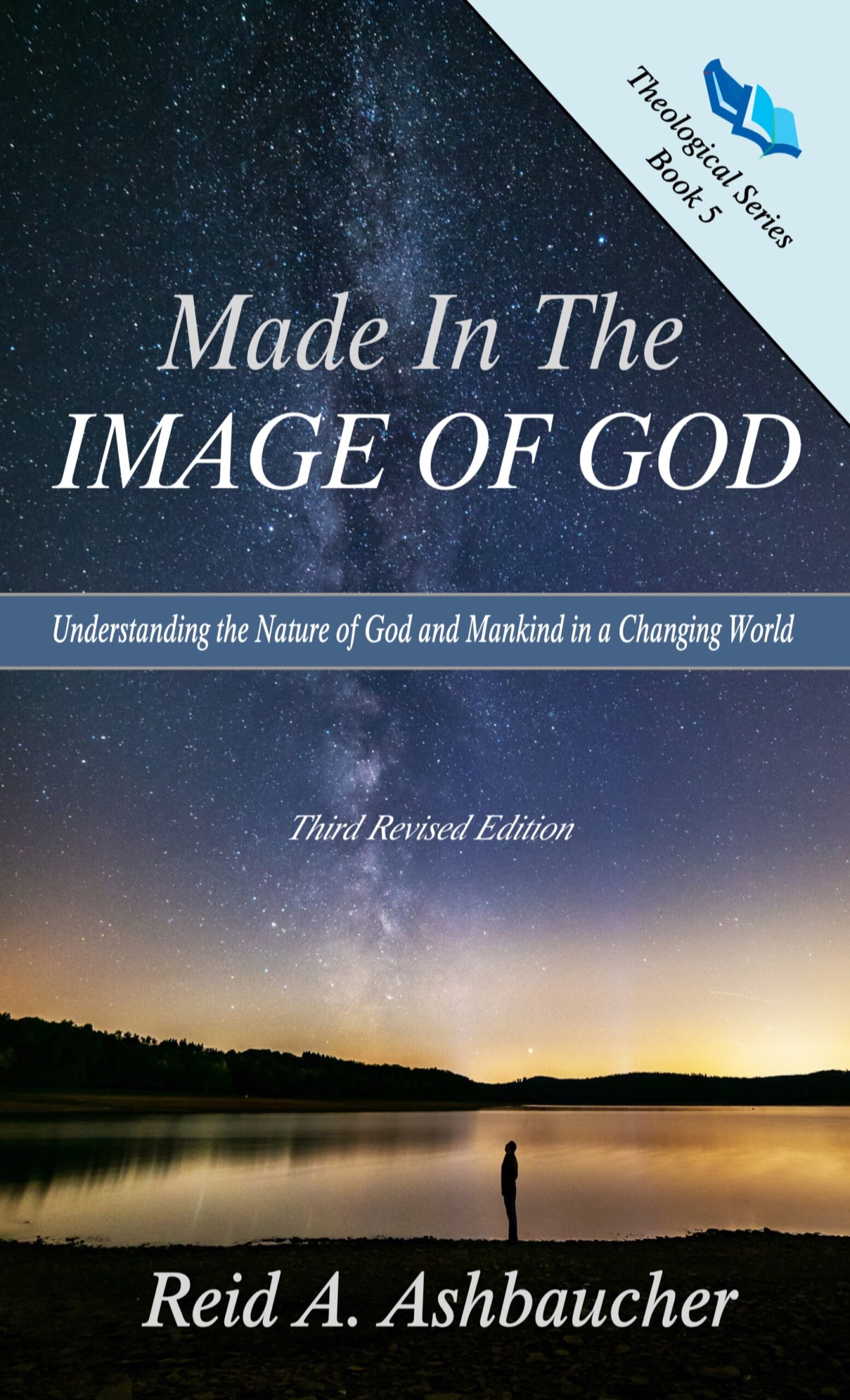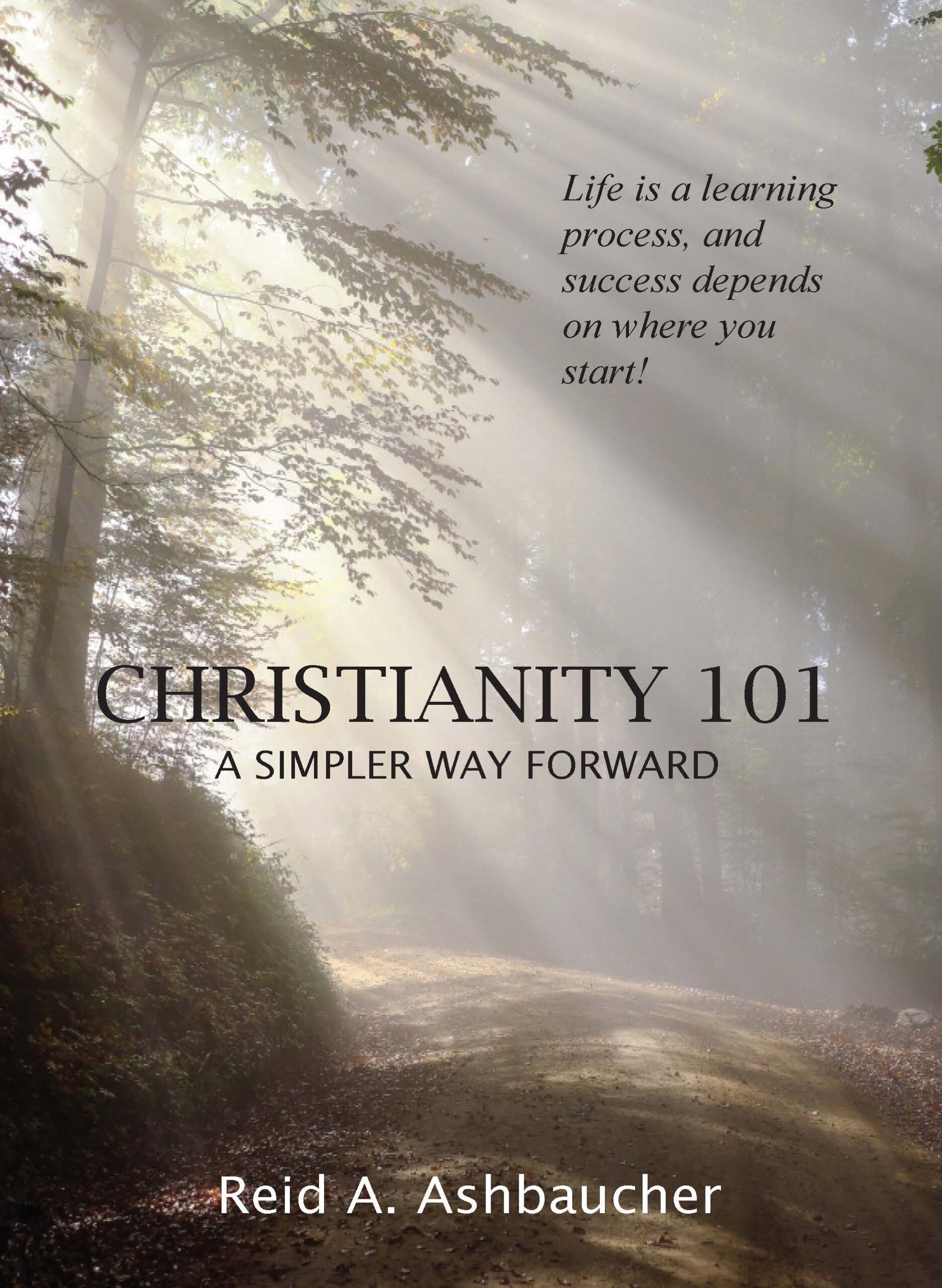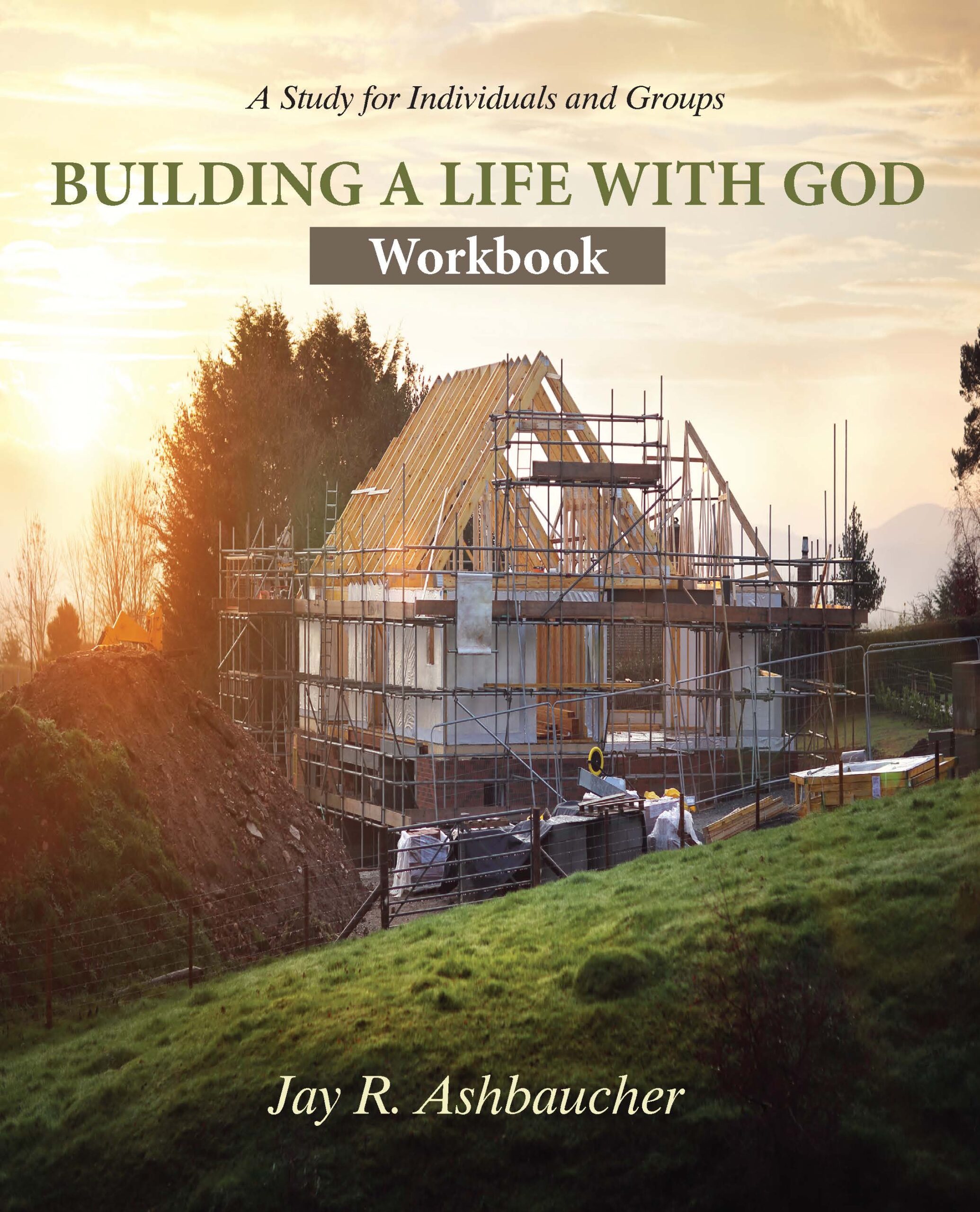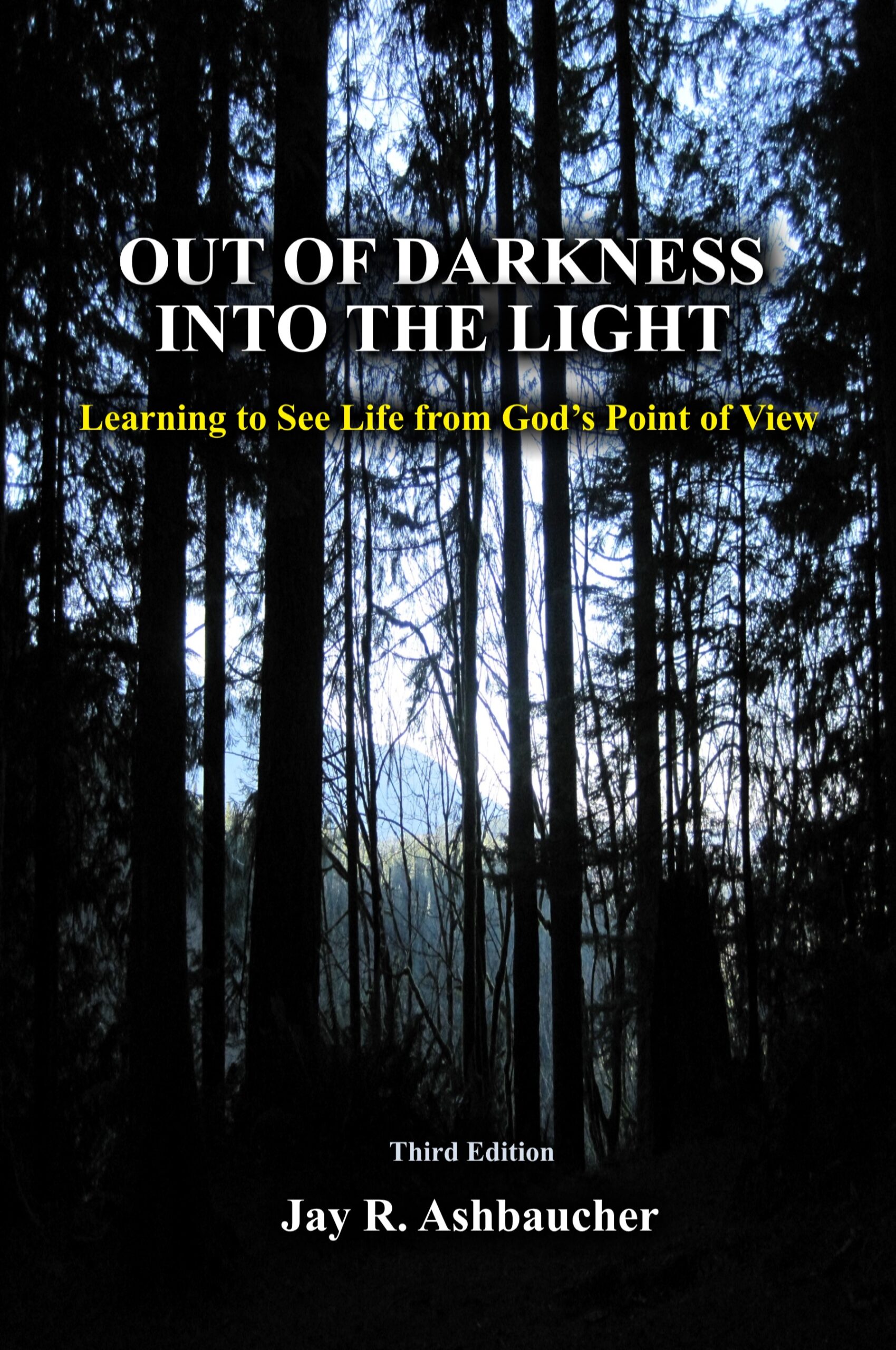Author: Reid Ashbaucher | Date of Writing: June 2009
Warren W. Wiersbe
Introduction
Warren W. Wiersbe, born May 16, 1929, in East Chicago, Indiana1 to parents who were both born in Chicago. The Wiersbe’s originally came from Germany, and on his mother’s side with a maiden name of Forsberg, was of Swedish descent.2 After reading Mr. Wiersbe’s autobiography the best way to cover most of his life’s accomplishments is to reference the article from Wikipedia, the online encyclopedia, in which I was a major contributor to his page.
Warren Wendel Wiersbe is an American pastor, Bible teacher, conference speaker and a prolific writer of ChristianAccording to the Bible, Christians are those that put their faith in Jesus Christ and follow him as Lord and King of their lives. To reject that Jesus is not equal in nature with God or reject the teaching of the Trinity of God would forfeit anyone's claim to be called Christian. (Acts 11:26, 26:28;... More literature and theologicalAny person or subject that relates or is tied to the Study of God is considered theological. Example: A "theological student" is a person that studies the subject matter of God. A theological viewpoint is an opinion about God based on a persons interpretation of the Scriptures or Bible. works. Born on May 16, 1929, in East Chicago; Warren Wiersbe is perhaps best known for his series of 27 books in the “Be” series: Be Real, Be Rich, Be Mature, Be Joyful, etc. and other theologicalAny person or subject that relates or is tied to the Study of God is considered theological. Example: A "theological student" is a person that studies the subject matter of God. A theological viewpoint is an opinion about God based on a persons interpretation of the Scriptures or Bible. works.
Warren Wiersbe studied at Indiana University, Roosevelt University, and Graduated from Northern Baptist TheologicalAny person or subject that relates or is tied to the Study of God is considered theological. Example: A "theological student" is a person that studies the subject matter of God. A theological viewpoint is an opinion about God based on a persons interpretation of the Scriptures or Bible. Seminary in 1953. While attending Seminary, Warren Wiersbe was ordained as pastor of Central Baptist Church in 1951 and served until 1957. From September 1957 to 1961, Warren Wiersbe served as Director of The Literature Division for Youth for Christ International. From 1961 to 1971 he pastored Calvary Baptist Church of Covington, KY. The church grew from a church seating a congregation of 800 to build a new church seating of 2000. This church drew members from the Ohio, Indiana and Kentucky Tri-State Area. His Sunday sermons were broadcast as the “Calvary Hour” on a local Cincinnati radio station. From 1971 to 1978, Warren Wiersbe pastored Chicago’s Moody Memorial Church. While At Moody Church he continued in radio ministry to include Speaker on “Songs in the Night”, a national radio program that moved to Moody Church in 1968. Between August 1979 and March of 1982, he wrote bi-weekly for Christianity Today as “Eutychus X”. Also during this same time frame between 1978 to 1982, Warren Wiersbe taught practical theology classes at Trinity Evangelical Divinity School in Deerfield, Illinois and wrote the course material and taught, “Imagination and the Quest for Biblical Preaching”, a Doctor of Ministries course at Trinity and Dallas Seminary. While pastoring in Chicago, Warren Wiersbe served on the board of Slavic Gospel Association (SGA) from 1971 to 1983, ten of those years he served as chairman of the board. From 1980 to 1990 he went to work for Back to the Bible radio broadcasting network and served as general director the last six years of his time there. A contributing editor to Baker Book House. He has been writing books since the 1950s under several publishing house labels; completing more than 150 books including the popular BE series of commentaries on every book of the Bible which has sold over four million copies. Warren Wiersbe was awarded two honorary Doctorate Degrees and has accumulated in his personal library more than 10,000 books; sometimes referred to as “the pastor’s pastor”, Dr. Wiersbe has become a well known and trusted Biblical theologian and scholar throughout Fundamental and Evangelical circles. Dr. Wiersbe’s book titles can be found on the Internet simply by Googleing his name, Warren W. Wiersbe. To learn about these facts and more you can read about it in his autobiography “Be Myself” published by Victor Books.3
Warren Wiersbe graduated from an American Baptist Seminary, pastored and was ordained in a General Association of Regular Baptist Church (GARBC) and went on to pastor a Southern Baptist church and then a non-denominational evangelical church. Throughout his life he was associated with evangelical Para church organizations like Youth for Christ International, Slavic Gospel Association, Child Evangelism Fellowship, The Indiana Baptist Children’s Home, Crystal Lake Youth Camp, National Religious Broadcasters, Rural Home Missionary Association, ChristianAccording to the Bible, Christians are those that put their faith in Jesus Christ and follow him as Lord and King of their lives. To reject that Jesus is not equal in nature with God or reject the teaching of the Trinity of God would forfeit anyone's claim to be called Christian. (Acts 11:26, 26:28;... More Booksellers Association and Back to the Bible to mention a few.4
Warren Wiersbe not only was a pastor but a life long writer and author of both books and magazine articles. Mr. Wiersbe not only wrote for Christianity Today but also for Moody Monthly from 1971 to 1979, authoring the column — “Insight for Pastors.”5
During his early years, Mr. Wiersbe wrote articles for Youth for Christ magazine. In later years he was a conference speaker for Evangelical Alliance Mission (TEAM) in Rubio, Venezuela and also for the European Child Evangelism Fellowship conferences in Holland, Denmark, and England,6 to name a few.
Because of Mr. Wiersbe’s association with: Moody Church’s “Songs in the Night,” “Back to the Bible” national radio broadcasts, Christianity Today magazine, and Moody Monthly magazine, he became nationally known throughout the Fundamental and Evangelical movements in America; this, in turn, helped get the word out on his authorship of his many books over the years.
Mr. Wiersbe, because of his many roles and associations within the Fundamental and Evangelical circles made him a “bridge-builder;” something he claims for himself as a God-given life purpose. “The metaphor that helps me make sense out of my own life is that of a bridge-builder. Some of the bridges I’ve built are the kind that everyone has to build for themselves if their lives are going to be meaningful; a few of my bridges were special assignments from the Lord. If I hadn’t believed that, I could never have made it.”7
His Foundation and Emphases
Warren Wiersbe was “born again” in May of 19458 at the end of his sophomore year in High School while attending a “Youth for Christ” rally. The speaker was Youth for Christ International’s (YFCI) first full-time evangelist, Billy Graham.9 A few years later Wiersbe met Torrey Johnson at a YFC banquet and Mr. Johnson asked him, “’Young man, what do you plan to do with our life?’ I told him ‘I wanted to go to school and get some Bible training and then preach the Gospel.’ He then gave me a great piece of advice that I’ve tried to follow: ‘Young man, find the one thing you do that God blesses, and stick with it!’”10
Warren Wiersbe saw the importance for new Christians to identify with a local fellowship of believers, to be given the opportunity to experience the prayers, encouragement, and ministries of service to others. Soon after his conversion, he wrote: “I had developed an insatiable appetite for the Word of God, and I wanted to study and understand the Bible more than anything else in all the world.”11
Warren Wiersbe, still in High School, began to build his library; his first books were: Scofield Reference Bible, Strong’s Concordance, Cruden’s Concordance, Smith’s Bible Dictionary, and The ChristianAccording to the Bible, Christians are those that put their faith in Jesus Christ and follow him as Lord and King of their lives. To reject that Jesus is not equal in nature with God or reject the teaching of the Trinity of God would forfeit anyone's claim to be called Christian. (Acts 11:26, 26:28;... More Worker’s Commentary by James M. Gray.12
Wiersbe was introduced to, and influence by, the great preachers and theologians of his past and present generation and began to build his library using their books. D. L. Moody urged every ChristianAccording to the Bible, Christians are those that put their faith in Jesus Christ and follow him as Lord and King of their lives. To reject that Jesus is not equal in nature with God or reject the teaching of the Trinity of God would forfeit anyone's claim to be called Christian. (Acts 11:26, 26:28;... More to read Notes on the Pentateuch by CHM, so Wiersbe did. It was a six-volume set and between those books and his Scofield Reference Bible it was his first serious introduction to “dispensational truth.”13 Warren Wiersbe stated that G. Campbell Morgan was one of his heroes and “has taught me much about the Word of God and the God of the Word.” G. Campbell Morgan died on Wiersbe’s birthday in 1945.14
Warren Wiersbe, being a teachable man, has collected over 1,000 bibliographies in his 10,000 plus book library and has studied the lives of other great preachers and theologians that lived and influence the ChristianAccording to the Bible, Christians are those that put their faith in Jesus Christ and follow him as Lord and King of their lives. To reject that Jesus is not equal in nature with God or reject the teaching of the Trinity of God would forfeit anyone's claim to be called Christian. (Acts 11:26, 26:28;... More faith around the world. Some of those men he considered giants and compiled their works in a collection called the “Giant” books – such titles as Walking with the Giants and Listening to the Giants and Giant Steps. Wiersbe states:
The Giant books have been used as textbooks in a number of Bible schools and seminaries, and many pastors have told me that the bibliographical material in the books has helped them build their own libraries. I’ve devoted a good part of my life to researching the lives and ministries of the “giants” and introducing them and their writings to a new generation. Like Isaac, we must dig the old wells (Genesis 26) or we may find ourselves spiritually dehydrated.15
Wiersbe’s attitude in his ChristianAccording to the Bible, Christians are those that put their faith in Jesus Christ and follow him as Lord and King of their lives. To reject that Jesus is not equal in nature with God or reject the teaching of the Trinity of God would forfeit anyone's claim to be called Christian. (Acts 11:26, 26:28;... More life has been focused, as he states:
I want to keep growing, even though the older I get, the more difficult it becomes. Why? Because there is no growth without challenge, and no challenge without change. When I was younger, change was a treat; now it tends to become a threat. But I need change – not novelty, but change – that kind of experiences that force me to dig deeper and lay hold of that kingdom which cannot be shaken. There is no time to waste on scaffolding; I must build on essentials, not accidentals.16
His Orthodoxy and Battle with a Changing Fundamentalist Culture
Warren Wiersbe always considered himself theologically part of the fundamental movement of the Twenty First Century. He equated Fundamental Theology with: inspiration and inerrancy of Scripture; the atoning death of Christ; the bodily resurrection of Christ; and the second coming of Christ; things he still teaches and believes today.17 This is evident in his theologicalAny person or subject that relates or is tied to the Study of God is considered theological. Example: A "theological student" is a person that studies the subject matter of God. A theological viewpoint is an opinion about God based on a persons interpretation of the Scriptures or Bible. works such as the BE series by Victor Books and Wiersbe’s Expository Outlines on the New TestamentThe New Testament is a collection of 27 books, all written in Greek within the first century A.D. Twenty three of these books were written by the Apostles of Jesus Christ, two were written by Dr. Luke a Christian medical doctor who traveled with the Apostle Paul, and two books were written by James ... More. But through his lifetime he has witnessed a change in the Fundamental circles he was associated with. Wiersbe expresses it this way:
I don’t think the average church member realizes the extent of the theologicalAny person or subject that relates or is tied to the Study of God is considered theological. Example: A "theological student" is a person that studies the subject matter of God. A theological viewpoint is an opinion about God based on a persons interpretation of the Scriptures or Bible. erosion that’s taken place on the American evangelical scene since World War II, but the changes I’ve witnessed in ChristianAccording to the Bible, Christians are those that put their faith in Jesus Christ and follow him as Lord and King of their lives. To reject that Jesus is not equal in nature with God or reject the teaching of the Trinity of God would forfeit anyone's claim to be called Christian. (Acts 11:26, 26:28;... More broadcasting and publishing make it very real to me. Radio programs that once majored in practical Bible teaching are now given over to man-centered music that sounds so much like what the world presents, you wonder if your radio is turned to a ChristianAccording to the Bible, Christians are those that put their faith in Jesus Christ and follow him as Lord and King of their lives. To reject that Jesus is not equal in nature with God or reject the teaching of the Trinity of God would forfeit anyone's claim to be called Christian. (Acts 11:26, 26:28;... More station. Some so-called “ChristianAccording to the Bible, Christians are those that put their faith in Jesus Christ and follow him as Lord and King of their lives. To reject that Jesus is not equal in nature with God or reject the teaching of the Trinity of God would forfeit anyone's claim to be called Christian. (Acts 11:26, 26:28;... More music” is just plain silly. God’s people are getting their “theology” from popular religious music instead of from the Bible and the hymnal. In so much of today’s ministry, “feel good” has replaced being good, and “happiness” has replaced holiness.18
Wiersbe not only notice these changes but also made this observation taking place within his own culture. In spite of the impressive statistics recorded by the evangelical publishing and broadcasting world, and the sensational trade shows that they sponsor, there is in America today a famine of the hearing of the Word of God. Instead of a mirror for revealing Christ and making us like Him (2 Cor. 3:18), the Bible has become a manual for finding “six ways to get along with your wife,” “ten steps to successful living” and “seven rules for conquering depression.” What the American church needs is obedience to God’s four commandments for revival found in 2 Chronicles 7:14.19
Within the Fundamental movement, Wiersbe has noticed two additional important changes that are influencing this present ChristianAccording to the Bible, Christians are those that put their faith in Jesus Christ and follow him as Lord and King of their lives. To reject that Jesus is not equal in nature with God or reject the teaching of the Trinity of God would forfeit anyone's claim to be called Christian. (Acts 11:26, 26:28;... More culture. They are what he calls “cultic fundamentalism,” which is based on fellowshipping with the right people and following the right leaders.20 The second change is what he calls “cultural fundamentalism,” the trend to live like the leaders. Wiersbe explains it this way:
When that happened, the tests for fellowship become the personal convictions (or prejudices) of the leaders, such things as length of hair, length of skirts, translations of the Bible, styles of music, separation from worldliness (which was not always clearly defined), and being friendly with the wrong people. “The wrong people” included believers who were too friendly with people who didn’t belong to your particular fellowship.
There developed from this new approach to biblical separation a concept called “secondary separation.” To get in trouble with your fellowship, you didn’t have to deny the fundamentals or break the cultural standards. All you had to do was have fellowship with somebody who did break the rules, and you were in trouble. If I preached to a congregation whose pastor had been on the steering committee of a Billy Graham crusade, or if I shared a conference with a speaker associated with an unapproved organization, I was no longer a separated saint or a bona fide fundamentalist. Separation ended up separating the saints and bringing anger, accusation, and fragmentation among people who claimed to believe the same Bible and love the same Savior.21
Because of Warren Wiersbe’s broad associations and ministry within both the Fundamental and Evangelical movements, some of the fundamentalist branded him as a neo-evangelical. Mr. Wiersbe never believed he belonged in that camp, but for the benefit of those who thought he did, he leaves this comment:
Church historians say that “neo-evangelical” was first coined by Harold John Ockenga, but I question if that’s correct. In his fascinating book A History of the Evangelical Party in the Church of England, G.R. Balleine informs us that the term “neo-evangelical” was coined by writers in an “ultramilitant” publication called the Rock, which began publication in 1868. Its purpose was to “expose the compromise” of ministers in the Church of England, men who didn’t identify with the militant wing of the church. The Rock first applied the term “neo-evangelical” to John Charles Ryle, author of so many excellent books, especially Expository Thoughts of the Gospels.22
In defense of himself, he makes the comment that if John Charles Ryle is considered a neo-evangelical then he is in good company.
In Summary
Warren Wiersbe never thought of himself as an intellectual and the nature of today’s fundamentalism is to hold to the fundamentals of the faith and defend the ScripturesThe Scriptures, as spoken of on this site, represents the 66 books found in the Protestant Bible, with 39 books in the Old Testament and 27 books found in the New Testament. It is our view that these books were written between 1446 BC and 96 AD, representing a time span of about 1,500 years, by the ... from what they see as liberal theology infiltrating the local church. Engagement of the various movements in ChristianAccording to the Bible, Christians are those that put their faith in Jesus Christ and follow him as Lord and King of their lives. To reject that Jesus is not equal in nature with God or reject the teaching of the Trinity of God would forfeit anyone's claim to be called Christian. (Acts 11:26, 26:28;... More thought and their theologians has never been the goal of today’s movement. Therefore, the second edition of James Livingston book, Modern ChristianAccording to the Bible, Christians are those that put their faith in Jesus Christ and follow him as Lord and King of their lives. To reject that Jesus is not equal in nature with God or reject the teaching of the Trinity of God would forfeit anyone's claim to be called Christian. (Acts 11:26, 26:28;... More Thought assesses Dispensational Evangelicals correctly when it states: “…they have not produced theologians of note who have engaged other influential modern theologians.”23 This does not mean that the movement is without its theologians. It simply means that they have not engaged other movements outside of their circles, with a focus to train and disciple within the local body of Christ.
This leaves the question, what is a theologian? Wikipedia answers that question this way:
Theology is the study of the existence or attributes of a God or gods, and of how that god or those gods relate to the world and especially to human existence; more generally, it is the study of religious faith, practice, and experience, or of spirituality. It is sometimes contrasted with religious studies: theology is understood as the study of religion from an internal perspective (e.g., a perspective of commitment to that religion), and religious studies as the study of religion from an external (e.g., a secular) perspective.
Theologians use various forms of analysis and argument (philosophical, ethnographic, historical, and others) to help understand, explain, test, critique, defend or promote any of myriad religious topics. It might be undertaken to help the theologian understand more truly his or her own religious tradition, understand more truly another religious tradition,
* make comparisons between religious traditions,
* defend or justify a religious tradition,
* facilitate reform of a particular tradition,
* assist in the propagation of a religious tradition, or
* draw on the resources of a tradition to address some present situation or need, among other things.24
Warren Wiersbe by this definition has, over his lifetime, become not only a theologian but a scholar as well. Although a pastor at heart, Warren Wiersbe through his extensive writings has demonstrated his understanding of his religious tradition, other religious traditions, as well as defended and justified his religious tradition. He has propagated its views and facilitated its reforms as needed.
Today’s Fundamental movement is a defense and propagation of the fundamentals of the faith as reflected in the canonized ScripturesThe Scriptures, as spoken of on this site, represents the 66 books found in the Protestant Bible, with 39 books in the Old Testament and 27 books found in the New Testament. It is our view that these books were written between 1446 BC and 96 AD, representing a time span of about 1,500 years, by the ..., and Warren Wiersbe is the perfect example of one that upholds this movement’s highest idea and understanding of the ScripturesThe Scriptures, as spoken of on this site, represents the 66 books found in the Protestant Bible, with 39 books in the Old Testament and 27 books found in the New Testament. It is our view that these books were written between 1446 BC and 96 AD, representing a time span of about 1,500 years, by the ....
The importance of Warren W. Wiersbe’s life to the Fundamental and Evangelical movements is simple; he is a bridge-builder. There is a vast chasm between the various elements of both movements and through his life, teachings, and example, he has created an opportunity for spiritual maturity and understanding in acceptance for one another in love within and between these movements; even though there may be disagreements with how we should work out our salvationSalvation within the Scriptures (Bible) simply means to save that which was lost. In reference to humanity, the Scriptures teach that because the first humans (Adam and Eve) sinned against God, the human race became lost to God, thus needing to be saved or redeemed by God. Jesus Christ said it this ... More in Christ (Philippians 2:12-18). Is this not what the sanctification process is all about, aside from the conformity to Christ?
This concept is contrasted constantly in his autobiography; his spirit to learn from others, even those he disagreed with. An example of his spirit, to learn, was demonstrated in his following comments concerning Ted Engstrom:
Ted is a Genius at organization and administration, a tenderhearted man of God who seeks to manage God’s work on biblical principles. Prior to coming to YFCI in 1951 to assist Bob Cook with administrative duties, Ted had served as editor-in-chief at the Zondervan Publishing House in Grand Rapids; and maybe that was one reason the Lord wanted me to be at YFCI when Ted was at the helm. Ted was going to teach me a lot of what I needed to know about writing, editing, and publishing.25
At “Back to the Bible” he had profound disagreements with the founding general director, but he graciously handled the problem by praying and waiting on God. His experience at Moody Church was the same, acting as a bridge builder, solving long-standing issues, then God moving him on. Erwin Lutzer jokingly once said to him, “You Know, Warren, you fought the battles and I came in and claimed the spoils.” Warren’s thought was, but that was my job, to be a bridge-builder.26
I close this discussion with two comments Warren Wiersbe makes:
I have never felt happy on a bandwagon. Like Thoreau, I tend to listen to a different drummer. I have never asked my friends to follow my flag; all I have asked is that they give me the privilege of following it myself, and I will do the same for them. Jehovah is a God of infinite variety and there is no need for us to be carbon copies or clones. Too many middle-aged ministers huddle together for warmth and safety when they ought to be out cutting new trails for the Gospel.27
And second: “I believe and preach the historic ChristianAccording to the Bible, Christians are those that put their faith in Jesus Christ and follow him as Lord and King of their lives. To reject that Jesus is not equal in nature with God or reject the teaching of the Trinity of God would forfeit anyone's claim to be called Christian. (Acts 11:26, 26:28;... More faith. To the best of my knowledge, I have never knowingly cooperated in ministry with anybody who denied any of the fundamentals of the faith.”28
Endnotes
- Warren W. Wiersbe, Be Myself, (Wheaton: Victor Books/SP Publications, Inc., 1994), 13.
- Ibid., 16-17.
- Wikipedia Encyclopedia, “Warren W. Wiersbe” [Encyclopedia on-line]; available from https://en.wikipedia.org/wiki/Warren_W._Wiersbe; Internet; accessed 13 April 2009.
- Wiersbe, Be Myself, 137.
- Ibid., 240.
- Ibid., 271.
- Ibid., 12.
- Ibid., 59.
- Ibid., 56.
- Ibid., 56.
- Ibid., 58.
- Ibid.
- Ibid., 59.
- Ibid.
- Ibid., 330.
- Ibid., 276-277.
- Ibid, 318.
- Ibid., 301.
- Ibid., 303.
- Ibid., 318.
- Ibid., 319.
- Ibid., 321.
- James C. Livingston et al., Modern ChristianAccording to the Bible, Christians are those that put their faith in Jesus Christ and follow him as Lord and King of their lives. To reject that Jesus is not equal in nature with God or reject the teaching of the Trinity of God would forfeit anyone's claim to be called Christian. (Acts 11:26, 26:28;... More Thought, 2d ed., The Twentieth Century, vol. 2 (Minneapolis: Fortress Press, 2006), 392.
- Wikipedia Encyclopedia, “Theology” [Encyclopedia on-line]; available from https://en.wikipedia.org/wiki/Theologian; Internet; accessed 25 April 2009.
- Wiersbe, Be Myself, 116.
- Ibid., 249.
- Ibid., 274.
- Ibid., 321.
Works Cited
- Livingston, Francis Schussler Fiorenza, Sarah Coakley, James Evans Jr. Modern ChristianAccording to the Bible, Christians are those that put their faith in Jesus Christ and follow him as Lord and King of their lives. To reject that Jesus is not equal in nature with God or reject the teaching of the Trinity of God would forfeit anyone's claim to be called Christian. (Acts 11:26, 26:28;... More Thought, 2d ed, vol. 2 The Twentieth Century, Minneapolis: Fortress Press, 2006.
- Wiersbe, Warren W. Be Myself. Wheaton: Victor Books/SP Publications, Inc., 1994.
- Wikipedia Encyclopedia, s.v. “Warren W. Wiersbe”. [Encyclopedia on Line] Available from https://en.wikipedia.org/wiki/Warren_W._Wiersbe; INTERNET.
- ________________, s.v. “Theology”. [Encyclopedia on Line] Available from https://en.wikipedia.org/wiki/Theologian; INTERNET.


